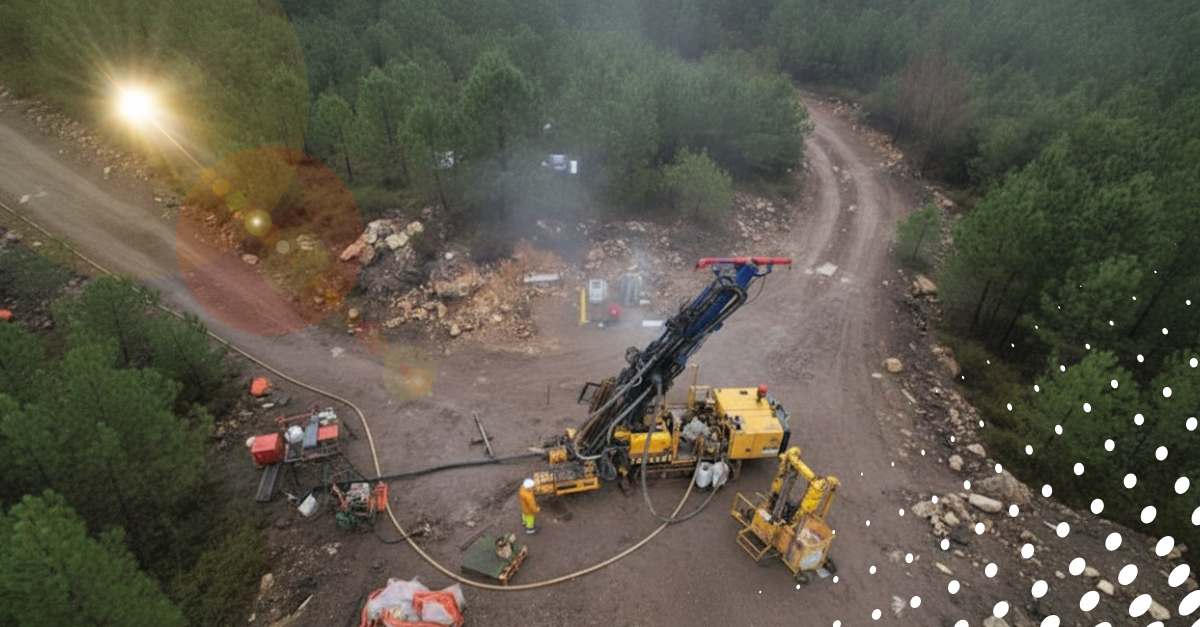Germany is accelerating efforts to secure long-term lithium supplies from Bolivia while exploring domestic mining options, even as Rio Tinto’s Jadar project in Serbia remains effectively dormant. Ahead of his visit to La Paz, Germany’s Foreign Minister Johann Wadephul emphasized Bolivia’s strategic importance, calling its vast lithium and rare earth reserves “indispensable” for Germany’s energy transition and electric mobility sectors.
Wadephul is one of the first foreign officials to engage with Bolivia’s newly elected president Rodrigo Paz Pereira, stressing Germany’s readiness to strengthen cooperation and support the country’s economic recovery. Bolivia holds the world’s largest lithium reserves, but previous governments strictly limited foreign participation in mining projects.
Germany’s intensified outreach comes as competition for lithium and rare earths escalates globally amid China’s market dominance and ongoing US–China trade tensions. Berlin has also indicated it may tap its national raw materials fund to support domestic lithium extraction projects, including those based on geothermal brines.
Meanwhile, Rio Tinto’s Jadar project in Serbia—once seen as a cornerstone of Europe’s lithium supply strategy—has made little progress despite receiving strategic backing from the EU and Germany in 2024. Political instability in Serbia has slowed development, with officials now estimating that the environmental impact assessment will take at least 18 months to complete. Final approval remains uncertain, leaving Europe’s long-term battery supply ambitions in limbo.

